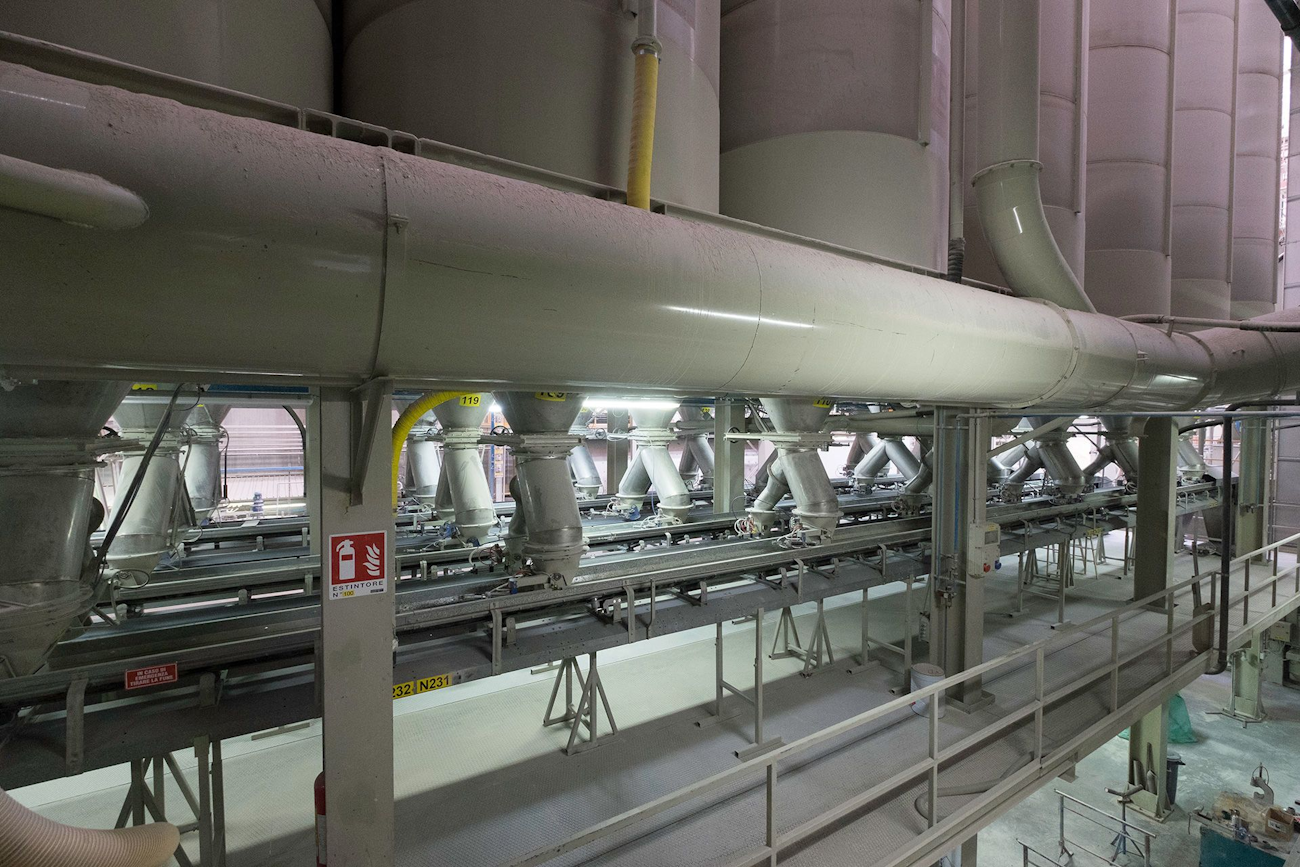Porcelain Tiles - Sustainability and the Environment
_srcxm.jpg?w=1300&q=90&auto=format&fit=crop&crop=edges,focalpoint&fm=png)
Porcelain Tiles - Sustainability and the Environment
Sustainability and the environment are key influencers in modern architectural design and construction. Depletion of natural resources and the destruction of habitats, the high energy consumption of some manufacturing processes and pollution caused by non-degradable, non-recyclable materials have all been catalysts for change.
Materials that are in plentiful supply, use less energy and create less pollution to make, and can be repurposed or recycled at the end of a building’s life are now the preferred choice. Some, such as bamboo as an alternative to timber and sheep’s wool in place of fiberglass for insulation are new innovations, but many traditional building materials already have excellent environmental credentials.
Porcelain is one of them.
Natural, sustainable ingredients
Atria porcelain terrace tiles are manufactured from readily-available ingredients – clay, sand, and feldspar. The glaze used to decorate and seal the top surface of the tile is made from a combination of clay powder, aluminium oxide, natural pigments, and frit (a type of ceramic glass). Other additives are binders, fluidisers and dispersing, levelling and de-aerating agents.

Environmentally friendly manufacturing
Our porcelain tile manufacturer has implemented measures to minimise its environmental impact by recycling raw scraps of ceramic paste, reducing water consumption, and recycling or producing its own energy.
Every year:
- 18,400 tonnes (the equivalent of 570 truckloads) of raw minerals is saved by recycling 100% of raw scraps discarded during the forming process
- 5 million litres of process water from other factories are reused and 100% of the factory’s wastewater is recovered
- 24 thousand Megawatt hours of electricity is produced by cogeneration plants and additional energy is generated by the factory’s photovoltaic plant
- 98% of processing waste is separated before appropriate disposal

Low carbon footprint
Where possible, raw ingredients are sourced as close to the manufacturing plant as possible, to reduce carbon footprint.
While we have minimised the volume of packaging used for Atria products we balance this against the environmental cost of replacing goods damaged due to insufficient protection – additional use of raw materials and energy for manufacturing the replacements, increased carbon footprint for returning the damaged goods, and shipping the replacements, and disposal of the damaged goods.
Cleaning and maintenance
Cleaning the tough, impermeable surface of Atria porcelain tiles doesn’t need special chemicals that present an environmental hazard – warm water with detergent and high-pressure water jetting both works well.
Porcelain also needs no regular treatment to seal it against frost damage, moss, or decay. It is a hardwearing, durable surface that will maintain its beauty and strength for many years without replacement or repair.

Atria porcelain tiles from Raaft – environmental credentials without compromising style
Look through our range of Atria terrace tiles and you’ll soon realise that architectural style doesn’t need to be sacrificed for the environment. The combination of fine quality porcelain manufacturing and classic elegance that is uniquely Italian can be seen in a choice of authentic timber, stone, and marble effects.
Given many years of hardwearing, low-maintenance service, Atria porcelain terrace tiles are also Class A1 fire rated so are suitable for high-rise residential developments.